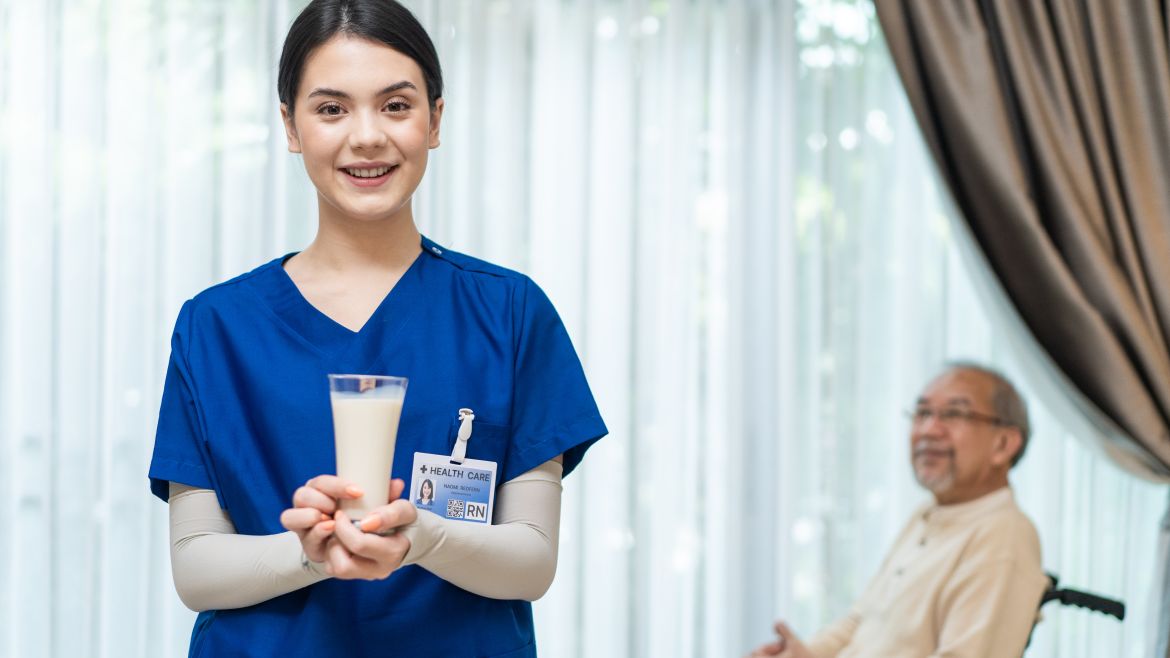Certified Nursing Assistants (CNAs) play a vital role in hospice care, providing essential support to patients and their families during end-of-life care. Here’s an overview of their role and responsibilities at V Care Hospice:

- Personal Care: CNAs assist patients with activities of daily living, including bathing, dressing, toileting, grooming, and feeding. They help maintain the patient’s comfort, dignity, and hygiene, ensuring their physical needs are met with compassion and respect.
- Mobility Assistance: CNAs help patients move around safely and comfortably, using techniques such as transferring from bed to chair, walking assistance, and positioning to prevent pressure ulcers. They may also assist with exercises prescribed by physical therapists to maintain mobility and prevent muscle weakness.
- Monitoring Vital Signs: CNAs can measure and record vital signs such as temperature, blood pressure, pulse, and respiratory rate. They report any concerns to the nursing team for further assessment and intervention.
- Comfort Care: CNAs provide comfort measures to alleviate pain and discomfort, such as applying cold packs or warm blankets, repositioning for pressure relief, and providing gentle touch or massage. They offer emotional support and companionship, listening to patients’ concerns and providing reassurance.
- Assistance with End-of-Life Care: During the final stages of life, CNAs play a crucial role in providing compassionate end-of-life care. They may assist with symptom management, provide comfort measures, and support the patient and family through the dying process with empathy and sensitivity.
- Communication and Documentation: CNAs communicate effectively with patients, families, and members of the interdisciplinary team, reporting any changes in the patient’s condition or needs. They maintain accurate documentation of care provided, including vital signs, activities of daily living, and any interventions performed.
Overall, CNAs in hospice care contribute to a holistic approach to patient care, focusing on meeting the physical, emotional, and psychosocial needs of patients and their families with compassion, empathy, and professionalism. Their dedicated support helps enhance the quality of life for patients during their end-of-life journey.


